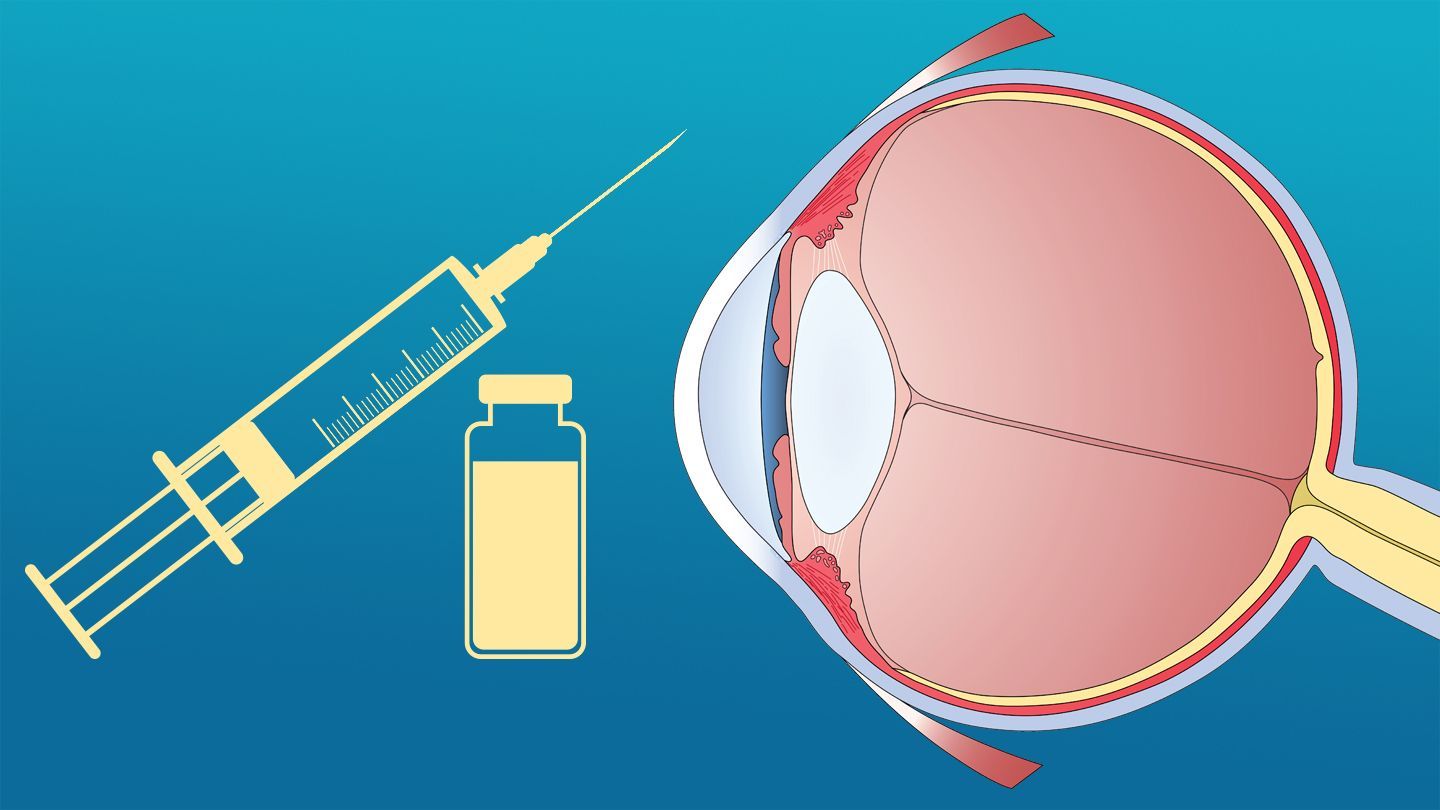An eye disease called Macular Degeneration causes the core portion of the retina to deteriorate over time. The retina, located in the back of the eye, is impaired when one has this ailment. The macula is located on the eye’s nerve layer as the most sensitive portion of the retina. Pitta’s little twin, AlochakaPitta, has its home here, according to Ayurvedic theory.
Pitta is one of the three primary working elements in Ayurveda, along with Vata and Pitta. This is where the reflected light beams from various things come together. Reactions are triggered, and the perception of seeing is formed. Any disorder of the macula might vitiate AlochakaPitta. This causes major eyesight difficulties to develop. But Ayurveda has numerous age related macular degeneration treatment options that can heal your health issues.
Causes
Risk factors that important for macular degeneration:
- Age: One of the main causes of blindness in the elderly is macular degeneration. In most cases, it affects persons over the age of 50. As you become older, your chances of acquiring macular degeneration grow.
- Environmental and genetic factors: Macular degeneration is more likely to strike persons with a family history of the disease or who have particular genetic mutations. Macular degeneration is more likely in those with a family history of the disease.
- Ethnic background: Macular degeneration is more common in certain ethnic groups. More severe cases of illness strike white people than black people.
- Gender: The prevalence of macular degeneration is higher in women than in men. This might imply that the illness has a hereditary component that contributes significantly to its onset.
- Overexposure to light: Excessive sun exposure has been linked to an increased risk of macular degeneration, according to research. Researchers have discovered that exposure to ultraviolet light increases one’s risk of macular degeneration.
Symptoms
The symptoms include:
- Blurry vision: While patients with exudative macular degeneration often have a quick beginning of vision loss, those with non-exudative macular degeneration might go unnoticed or experience a slow loss of central vision.
- Many patients report seeing central scotomas (shadows or blank spaces in their field of vision).
- Vision distortion, or metamorphopsia, may cause grids of straight lines to look wavy and even have some of their squares appear empty.
- Confusions of colours, more especially distinguishing dark colours from dark colours and light colours from light colours.
- Slow restoration of vision after exposure to strong light.
Treatment
In most cases of eye disease, there is a disturbance in the Vata, Pitta, and Kapha principles, which are the three forces that maintain life. Thus, treatment aims to restore equilibrium and stop the advancement of any deterioration generated by these factors. Retinal and optic nerve regeneration is aided by Panchakarma therapies used in the therapy. Various medications are used throughout the process of age related macular degeneration treatment:
- Akshi Tarpanam (Netra Vashti): In akshi tarpanam, the eyes are kept submerged in a pool of heated medicinal oil or cow’s ghee for a certain amount of time to promote eye health in general.
- Anjana Vidhi: Clearing your eyesight and calming your digestive system are benefits of Anjana vidhi. An herbal ointment is applied to the inner surface of the eyelid border. As a result, your eyesight and eye muscles are improved.
- Virechanam: Your pitta will return to normal once this cleaning practice for the age related macular degeneration treatment removes all the toxins from your body. Asthma, jaundice, and skin issues may all be alleviated by using this product.
- Aschotanam: Aschotanam or heated medicinal liquids may be given as eye drops to alleviate eye-related issues. Warm liquids balance Vata, Kapha is balanced by lukewarm liquids, and cold liquids balance pitta.
- Shirodhara: Panchakarma is an infusion of medicinal liquid that flows from the forehead to the eyes. It keeps your eyesight from deteriorating and may last up to an hour. Many mental and neurological diseases may be alleviated by using this supplement.
- Nasyam: This panchakarma therapy for age related macular degeneration treatment, based on Ayurvedic medicine, is quite efficient. Medicated liquids are administered or inhaled via the nose as part of the treatment process. Most head-related issues may be cured since it is delivered via the nose.
- Snehapanam: Medicated ghee (clarified butter) is consumed for seven days as part of this Ayurvedic eye therapy. When it comes to dose and length of therapy, there is a wide range of options available. Degenerative eye conditions may be fought with Snehapanam, which also treats infertility and mental health issues.
Conclusion
Ayurvedic age related macular degeneration treatment relies heavily on determining the dominant dosha. The Vata-pitta dosha predominates in macular degeneration, according to Ayurvedic theory. When it comes to dry types, the vata dosha is more likely to get vitiated. It is thus vital to handle the situation by focusing on the head and eye. Medicine selection is influenced by a variety of variables, including one’s age, mental state, and habits.



 Bitcoin
Bitcoin  Ethereum
Ethereum  XRP
XRP  Tether
Tether  Solana
Solana  USDC
USDC  TRON
TRON  Lido Staked Ether
Lido Staked Ether  Cardano
Cardano  Avalanche
Avalanche  Toncoin
Toncoin